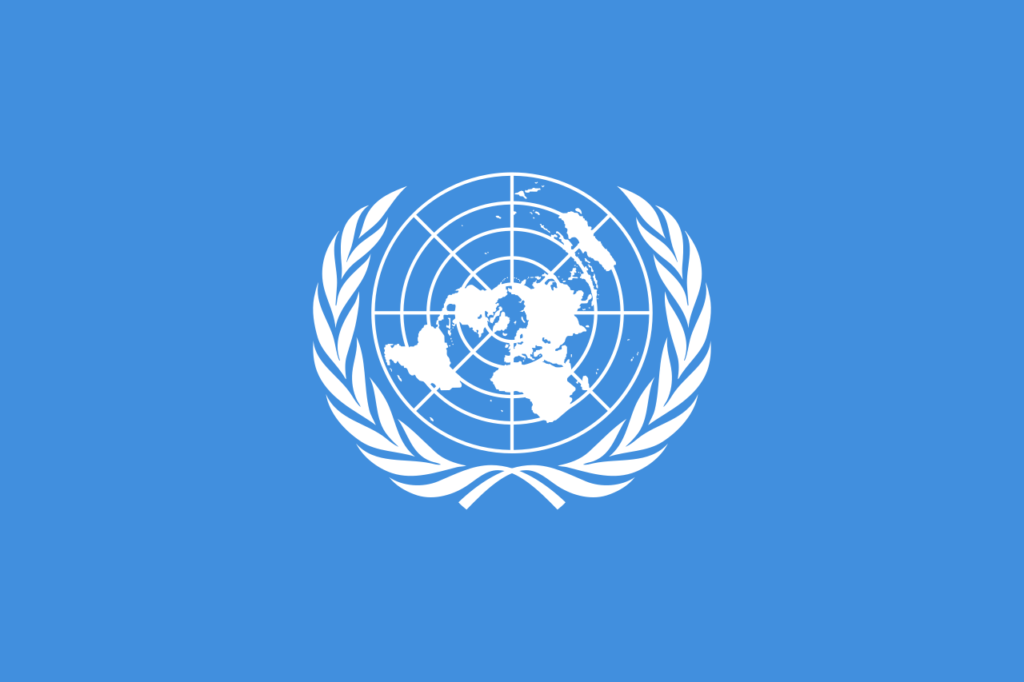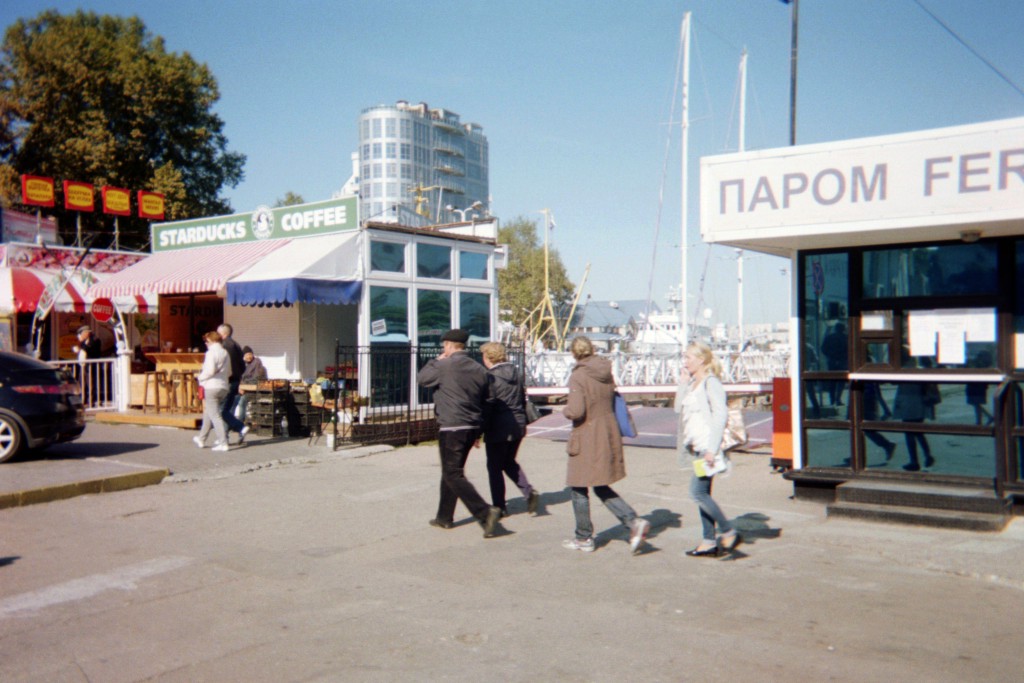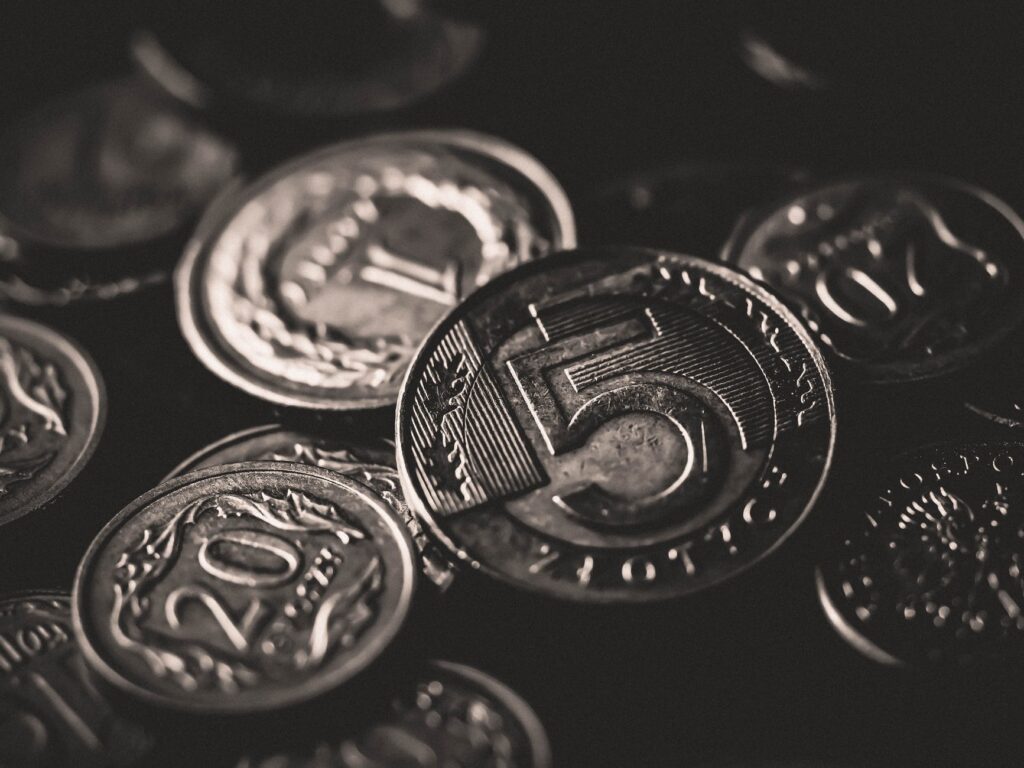
By Alfred De Zayas, Counterpunch, 2/6/23
Alfred de Zayas is a law professor at the Geneva School of Diplomacy and served as a UN Independent Expert on International Order 2012-18. He is the author of ten books including “Building a Just World Order” Clarity Press, 2021.
The war in Ukraine did not start on 24 February 2022, but already in February 2014. The civilian population of the Donbas has endured continued shelling from Ukrainian forces since 2014, notwithstanding the Minsk Agreements. These attacks on Lugansk and Donetsk significantly increased in January-February 2022, as reported by the OSCE Special Monitoring Mission to Ukraine[1].
Like all wars, this war is a tragedy for all concerned, — not only for Ukrainians and Russians, but also for the continued validity of international law and the primacy of the UN Charter. Already NATO’s military campaigns in Yugoslavia, Afghanistan and Iraq in the 1990’s and early 2000’s sorely tried the authority and credibility of the United Nations as an Organization. These military campaigns conducted outside Chapter VII of the UN Charter rendered the United Nations nearly irrelevant, because the Organization was unable to prevent the illegal use of force or mediate peace. The unilateral actions of a number of states were never subject to accountability, not even the grave war crimes committed in Iraq and Afghanistan, as documented by Julian Assange in the Wikileaks publications. NATO countries grossly violated articles 2(3) and 2(4) of the Charter, absent any Charter justification, since article 51, which stipulates the right of self-defence does not cover pre-emptive military actions.
The so-called “coalition of the willing” perpetrated naked aggression against the people of Iraq in 2003 in a series of criminal acts that constituted a revolt against the UN Charter and international law. Such military campaigns carried out against the letter and spirit of the UN Charter and hitherto not subject to prosecution by the International Criminal Court have significantly weakened the force of international law and resulted in the emergence of “precedents of permissibility” [2], as I described in a Counterpunch article published on 4 March 2022, in which I clearly condemned the Russian invasion of Ukraine as an egregious violation of Art. 2(4) of the UN Charter.
On the other hand, it is clear that a violation of international law does not change jus cogens or create new international law (ex injuria non oritur jus – no right emerges from a wrong). Impunity only manifests the weakness of the system due to a lack of adequate enforcement mechanisms[3].
On 31 January 2023 Counterpunch published an essay by history Professor Lawrence Wittner entitled “The Ukraine War and International Law”[4]. He correctly condemns the violation of article 2(4) of the UN Charter by Russia and the war crimes that have ensued, for which there must be accountability. Prof. Wittner refers to “rules of behavior among nations” in connection with war, diplomacy, economy, etc. Among those rules of behavior are, of course, the “general principles of law” referred to in article 38 of the Statute of the International Court of Justice, notably the principles of good faith and the uniform application of norms.
In his book The Great Delusion[5], Professor John Mearsheimer of the University of Chicago elucidated principles of international order and the necessity to respect agreements (pacta sunt servanda), including oral agreements. In his article in the Economist on 19 March 2022[6], Mearsheimer explains why the West bears responsibility for the Ukrainian crisis. Already in 2015 Mearsheimer had signalled the importance of keeping oral agreements, as those given by the United States to Mikhail Gorbachev in 1989-91, to the effect that NATO would not expand eastward[7]. In subsequent lectures Mearsheimer has explained that, whether of not the West considers NATO’s expansion a provocation, what is crucial is how NATO expansion is perceived by those who feel threatened by it. In this context we must remember that article 2(4) of the UN Charter prohibits not only the use of force but also the threat of the use of force. Promising to expand NATO to the very borders of Russia and the massive weaponization of Ukraine certainly constitute such a threat, especially bearing in mind the aggressive campaigns by NATO members in Yugoslavia, Afghanistan, Iraq, Syria and Lybia.
For decades Russian Presidents Vladimir Putin and Dmitry Medvedev have been warning the West – notably at the 2007 Munich Security Conference[8] — that NATO eastward expansion constitutes an existential menace to Russia. Both Presidents advocate a European security architecture that will take into account the national security concerns of all countries, including Russia. Whether Russian fears are objectively justified or not (I think they are) is not the pertinent question, since their apprehension is a factum. What is crucial is the obligation of all UN member states to settle their differences by peaceful means, i.e. to negotiate in good faith. That is precisely what the Minsk agreements were all about. Yet, Ukraine violated the Minsk agreements systematically. Russia did make a credible effort to negotiate since 2014 in the context of the OSCE and the Normandy Format. German Chancellor Angela Merkel[9] and French President François Hollande[10] recently confirmed that the Minsk agreements were intended to give Ukraine time to prepare for war. Thus, essentially, the West entered the agreements in bad faith by deliberately deceiving the Donbas Russians. In a very real sense, Putin was taken for a ride at Minsk and during the eight years of Normandy Format discussions. Such behavior reflects a “culture of cheating”[11] and violates well-established principles of international relations amounting to perfidy, in contravention of the UN Charter and general principles of law. Notwithstanding, In December 2021 the Russians put forward two peaceful proposals in the hope of averting military confrontation. Although the treaty proposals were moderate and pragmatic, the US and NATO refused to negotiate pursuant to article 2(3) of the Charter and arrogantly rejected them. If this was not a provocation in contravention of article 2(4) of the UN Charter, I do not know what is.
Professor Wittner is right in reminding us of the Budapest Memorandum of 1994 and the 1997 Treaty of Friendship, Cooperation and Partnership, but these instruments have to be placed in legal and historical context, in particular in the context of Western pronouncements since 2008 to bring Ukraine into NATO, an issue that in no way was foreseen in the two instruments above.
Wittner is wrong in his evaluation of the Crimean issue. I was the UN representative for the elections in Ukraine in March and June 1994 and criss-crossed the country, including Crimea. Without a doubt, the vast majority of the population there and in the Donbass are Russian and feel Russian. This brings up the issue of the jus cogens right of self-determination of peoples, anchored in articles 1 and 55 of the UN Charter (and in Chapters XI and XII of the Charter) and in Art. 1 common to the International Covenant on Civil and Political Rights and International Covenant on Economic, Social and Cultural Rights. Wittner seems to forget that the US and EU supported the illegal coup d’état[12] against the democratically elected President of Ukraine, Victor Yanukovich, and immediately started working together with the Putsch-regime in Kiev, instead of insisting in re-establishing law and order as provided for in the Agreement of 20 February 2014[13]. As Professor Stephen Cohen wrote in 2018, Maidan was a “seminal event”[14].
Without the Maidan Putsch and the anti-Russian measures immediately taken by the Putsch-regime, the Crimean and Donbass peoples would not have felt menaced and would not have insisted on their right of self-determination. Wittner errs when he uses the term “annexation” to refer to the reincorporation of Crimea into Russia. “Annexation” in international law presupposes an invasion, military occupation contrary to the will of the people. That is not what happened in Crimea in March 2014. First there was a referendum to which the UN and OSCE were invited – and never came. Then there was an unilateral declaration of independence by the legitimate Crimean Parliamen, only then was there an official request to be re-incorporated into Russia, a request that went through the due process mill, being first approved by the Duma, then by the Constitutional Court of Russia, and only then signed by Putin. Had a referendum been held in 1994, when I was in Crimea, the results would surely have been similar. A referendum today would confirm the will of the Crimeans to be part of Russia, not Ukraine, to which they had been artificially attached by decision of Nikita Khruschev, a Ukrainian himself. There are no historical or ethnic reasons justifying Crimea’s attachment to the Ukraine. Many international lawyers agree that Crimea exercised its right of self-determination and was not “annexed” by Russia[15].
Wittner is correct in recalling the fact that the General Assembly adopted a Resolution of 27 March 2014 rejecting the “annexation” of Crimea. But what exactly does that Resolution tell us? As a former senior lawyer with the Office of the UN High Commissioner for Human Rights and former UN Independent Expert, I must admit that for many decades the United Nations Organization applies double standards and does not live up to the Charter. Many resolutions and pronouncements by successive Secretary Generals apply international law selectively, à la carte. What the 2014 GA Resolution demonstrates is that the Organization is largely in the service of Washington and Brussels, partly because of the enormous financial dependency of the UN on the West. Similarly, the GA Resolution of 2 March 2022 is yet another example of double-standards, bearing in mind that the GA had not adopted any similar resolutions when NATO committed aggression on Yugoslavia in 1999 or when the “coalition of the willing” devastated Iraq in 2003 without any threat or provocation by Saddam Hussein.
Wittner also cites Secretary General Guterres with regard to the “annexation” of Crimea and the Donbass. As a former senior UN staffer and former rapporteur, it pains me to see how the Organization has been hijacked to support certain untenable positions of Western countries, and how it allows itself to be used in the geopolitical game, instead of remaining true to the Principles and Purposes of the Organization as laid out in the Charter. Where is the “outrage” of the Organization when it comes to the multiple aggressions of the United States against Cuba, Grenada, Nicaragua, Panama, Venezuela, the many coups-d’état directed by the US against governments it does not like, when the Organization keeps silent about the crimes committed by the CIA in Guantanamo, Abu Ghraib and secret detention centres, when the “annexation” of the Syrian Golan Heights by Israel is tacitly accepted.
Wittner poses an important question “what…are we to think about the value of international law”? As a professor of international law and a believer in the UN Charter, I ask the same question. My 25 Principles of International Order[16] give some answers. In my 14 reports to the UN Human Rights Council and General Assembly (2012-18) I formulated pragmatic recommendations how to reform the United Nations in order to deliver on the 1945 promise to “to save succeeding generations from the scourge of war”. I agree with Wittner that it is necessary “to strengthen global governance, thereby providing a firmer foundation for the enforcement of international law”. But there is a caveat – the Organization must be truly committed to peace, and not only sometimes. It must not continue to apply international law à la carte, or it will lose all its authority and credibility.
Today what is absolutely necessary is an immediate cease-fire. The United Nations is failing the Charter if it does not make peace its priority and puts the entire system in the service of peace. The mediation proposals of Brazilian President Luiz Inácio Lula[17] must be taken seriously as well as the warnings and proposals by Professors John Mearsheimer[18], Jeffrey Sachs[19] and Richard Falk[20].
[1] https://www.osce.org/special-monitoring-mission-to-ukraine/512683
https://www.osce.org/special-monitoring-mission-to-ukraine-closed
[2] https://www.counterpunch.org/2022/03/04/precedents-of-permissibility/
[3] https://www.counterpunch.org/2022/04/07/no-right-arises-from-a-wrong/
[4] https://www.counterpunch.org/2023/02/01/the-ukraine-war-and-international-law/
[5] Yale University Press, 2018.
[6] https://www.economist.com/by-invitation/2022/03/11/john-mearsheimer-on-why-the-west-is-principally-responsible-for-the-ukrainian-crisis
[7] http://www.mearsheimer.com/wp-content/uploads/2019/06/Why-the-Ukraine-Crisis-Is.pdf
https://duckduckgo.com/?q=john+mearsheimer+youtube+ukraine&atb=v314-1&iax=videos&ia=videos&iai=https%3A%2F%2Fwww.youtube.com%2Fwatch%3Fv%3DJrMiSQAGOS4
[8] http://en.kremlin.ru/events/president/transcripts/24034
[9] https://english.almayadeen.net/news/politics/merkel:-minsk-agreement-attempted-to-give-ukraine-time
[10] https://global.espreso.tv/minsk-agreements-gave-ukraine-time-to-strengthen-army-and-destroyed-putins-plans-in-2022-francois-hollande
[11] https://www.counterpunch.org/2022/01/28/a-culture-of-cheating-on-the-origins-of-the-crisis-in-ukraine/
[12] https://www.nouvelobs.com/rue89/rue89-le-yeti-voyageur-a-domicile/20140311.RUE9766/le-coup-d-etat-ukrainien-a-bien-ete-pilote-par-les-etats-unis-la-preuve.html
https://www.bbc.com/news/world-europe-26079957
[13] https://www.scoop.co.nz/stories/HL2011/S00116/how-the-western-press-lied-about-the-2014-coup-in-ukraine-pretending-that-it-was-instead-a-real-democratic-revolution.htm
[14] https://www.thenation.com/article/archive/four-years-of-ukraine-and-the-myths-of-maidan/
[15] https://www.faz.net/aktuell/feuilleton/debatten/die-krim-und-das-voelkerrecht-kuehle-ironie-der-geschichte-12884464.htmlhttps://www.rubikon.news/artikel/die-krim-und-das-volkerrecht
https://www.wissensmanufaktur.net/krim-zeitfragen
https://www.foreignaffairs.com/articles/ukraine/2020-04-03/russia-love
[16] https://www.counterpunch.org/2022/11/28/principles-of-international-order/
See Chapter 2 of my book “Building a Just World Order”, Clarity Press, 2021.
[17] https://www.politico.eu/article/ukraine-war-luiz-inacio-lula-da-silva-mercosur-olaf-scholz/amp/
[18] https://www.youtube.com/watch?v=CmqojuijtFg
[19] https://mail.google.com/mail/u/0/?tab=wm#search/mearsheimer/WhctKKXpTdsZMnWHKprjzQLSCBwNkVfcWmKkHxltlbQMdkZgfksnmLmnKDjdVDrHpNTHxLV
[20] https://richardfalk.org/2022/09/14/ukraine-war-statecraft-and-geopolitical-conflict-the-nuclear-danger/


